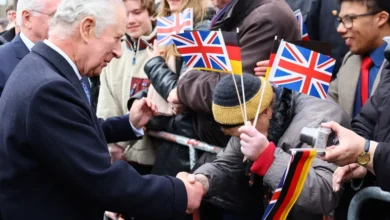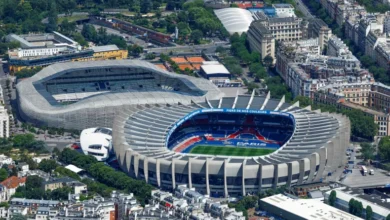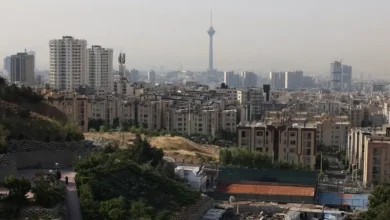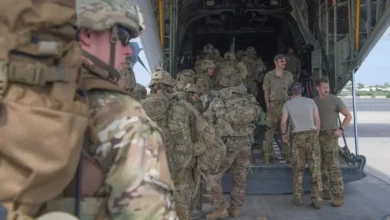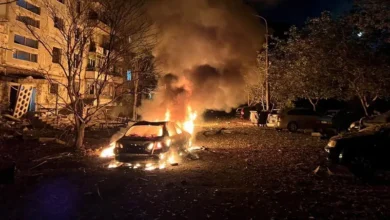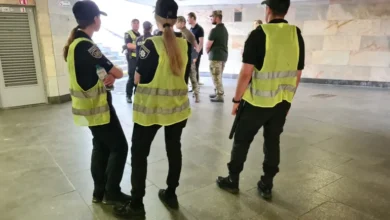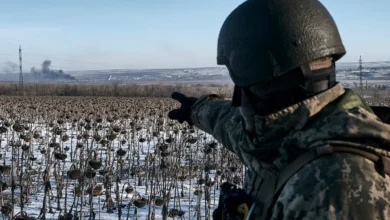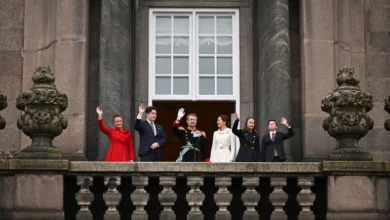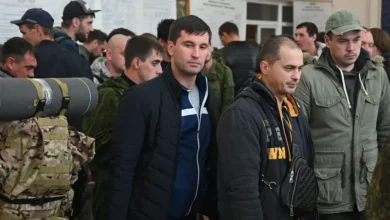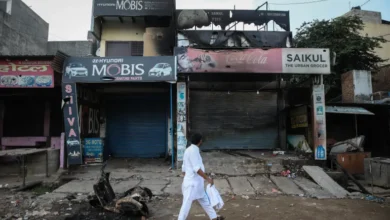How will Raisi’s Beijing visit affect Iran-China ties?
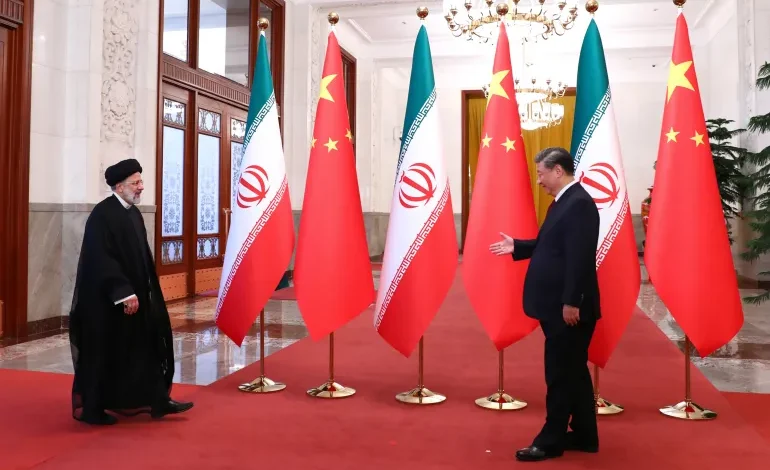
Iran’s President Ebrahim Raisi was warmly welcomed by his Chinese counterpart Xi Jinping in Beijing, but the same issues that have hampered their relationship for years – mainly economic ties – pose a challenge to the deals signed by the two.
Raisi wrapped up a three-day trip to China on Wednesday, which marked the first state visit by an Iranian president to the Asian economic giant in two decades. The symbolism of the visit began even before Raisi departed Tehran.
In a speech before leaving, he stood in front of a large map of Iran, with “Persian Gulf” marked prominently in what appeared to be a message to Xi, who had signed a joint statement with leaders of the six-nation Gulf Cooperation Council (GCC) in December that irked Tehran.
The statement called into question Iran’s ownership of three islands in the Strait of Hormuz, prompting a fierce backlash in Iranian media, and the Iranian foreign ministry expressed its “strong dissatisfaction” to Beijing’s ambassador.
Raisi’s speech set the tone for the trip as he clearly stated his dissatisfaction with Beijing-Tehran ties “seriously falling behind” especially in terms of economic cooperation.
He pledged to “compensate” for the insufficient attention given to developing relations with the key partner in the east. With those comments, he took a jab at his predecessor Hassan Rouhani, while also making a veiled criticism of China for not pursuing ties with Iran more seriously.
Raisi tried to show his seriousness in advancing relations by taking dozens of officials to Beijing, with his delegation including six ministers, the country’s top nuclear negotiator and its central bank chief.
What agreements were signed?
Iranian state media said that 20 substantial agreements were inked during the trip under the 25-year comprehensive cooperation document Iran and China signed in 2021.
While a number of Iranian officials and state-linked media have discussed the visit since its conclusion, they have not divulged many details.
Alireza Peyman-Pak, the head of Iran’s Trade Promotion Organisation, who has also been active in Iran’s efforts to boost economic ties with Russia, said the agreements were worth at least $3.5bn.
